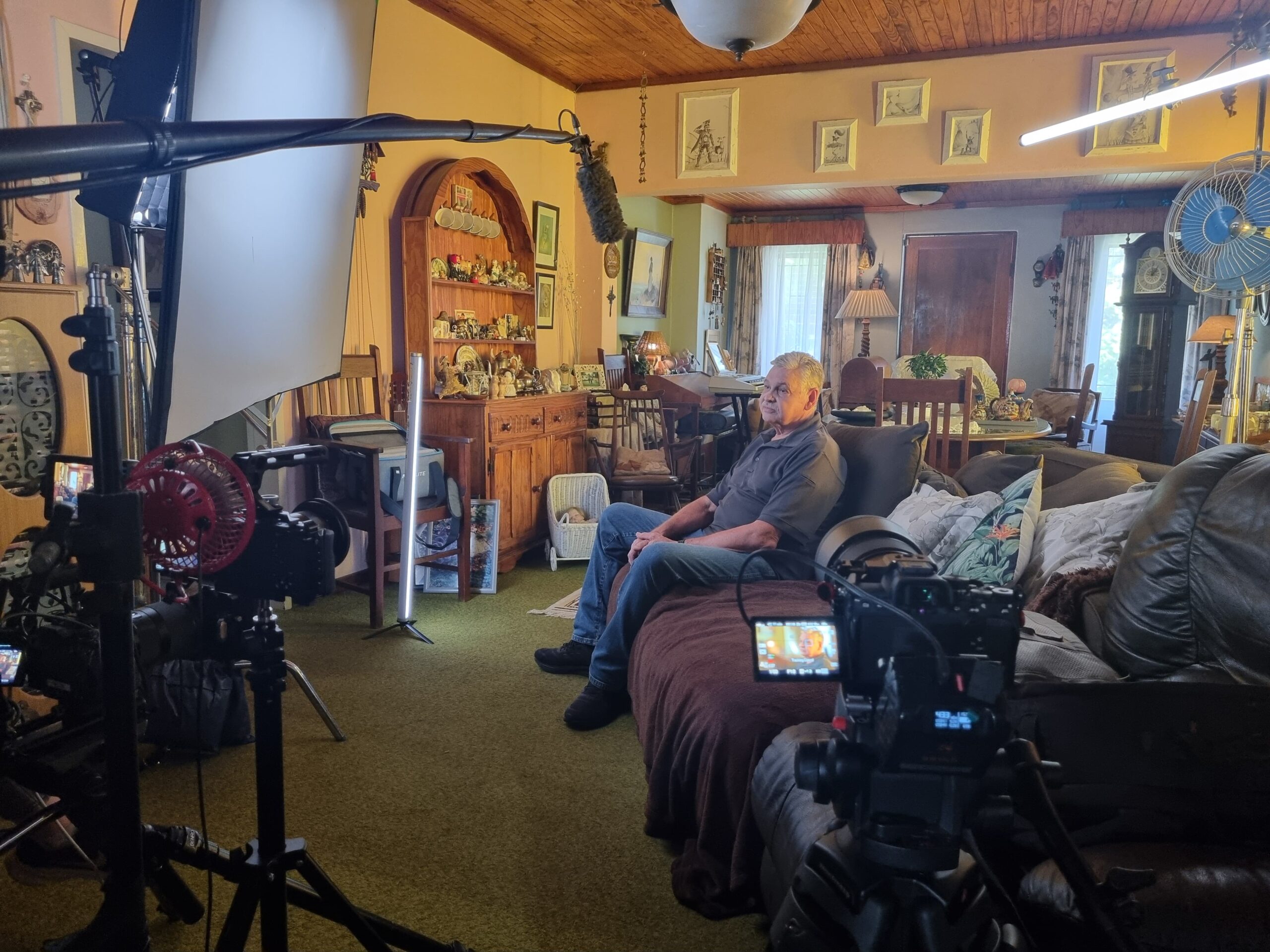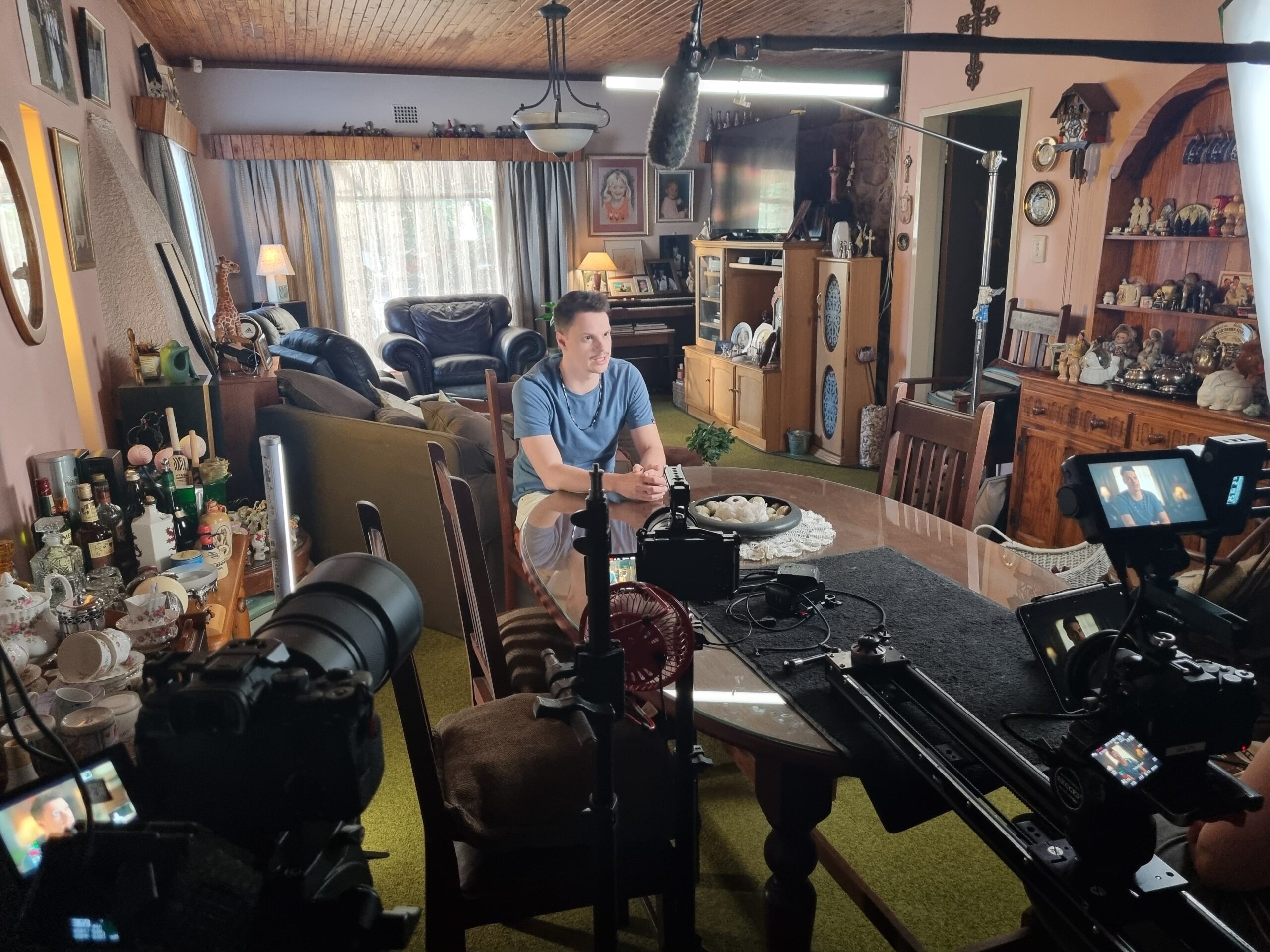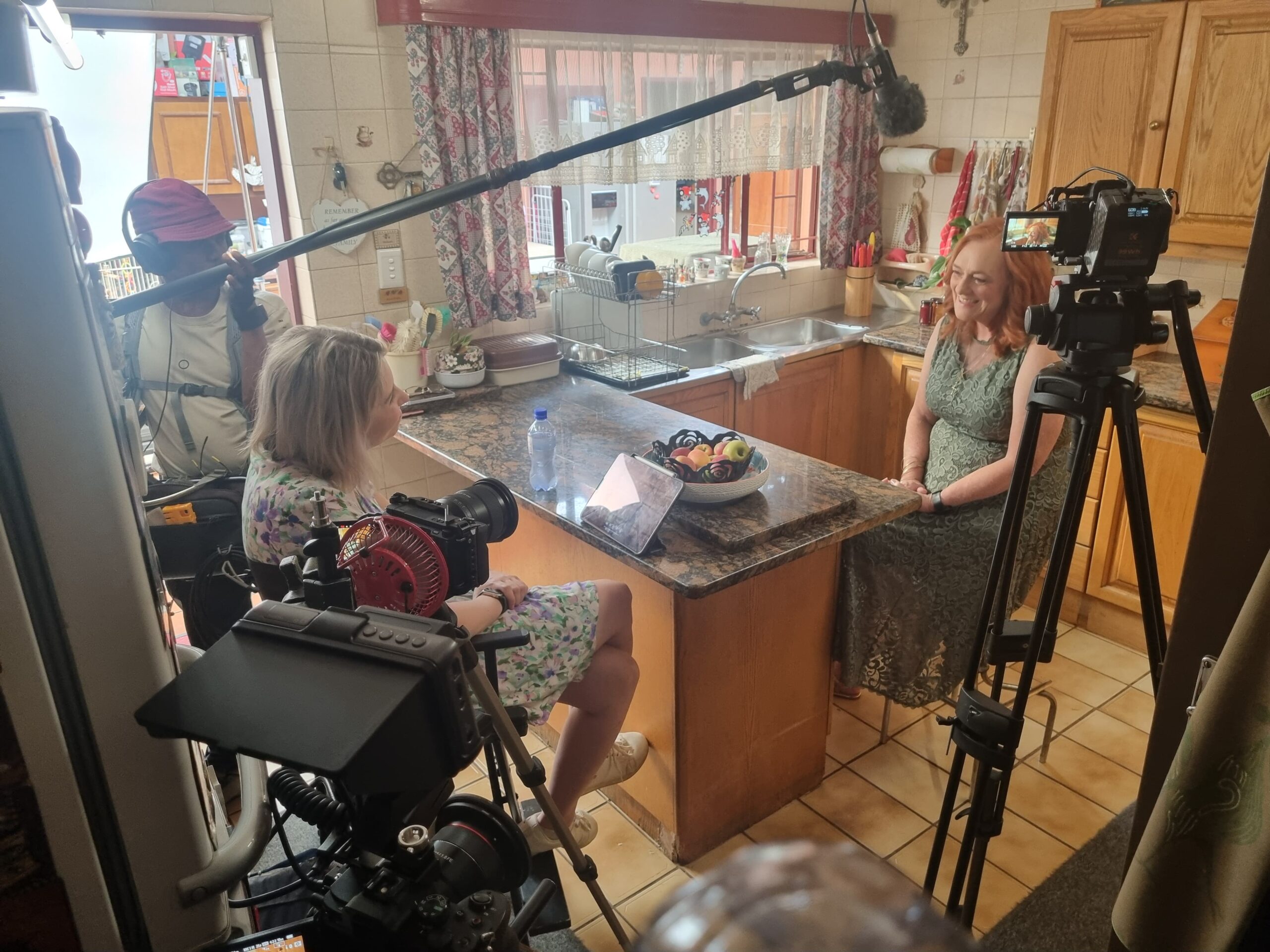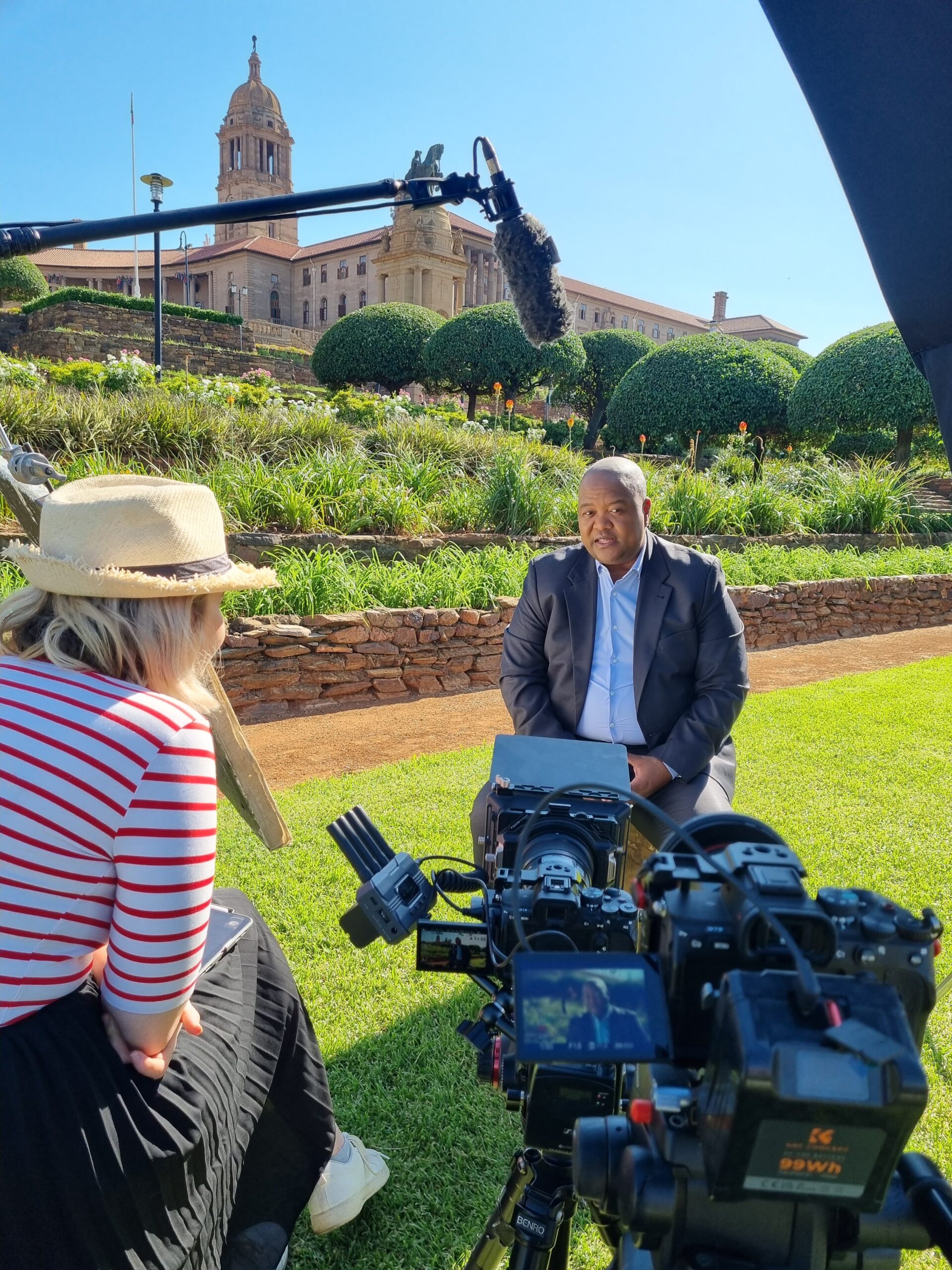



Short Documentary: Verander
When he was a child, the actor, writer and producer, Luan Jacobs, had long conversations on the porch with former president Nelson Mandela. For him, his father Lourens Jacobs’s boss was simply “Uncle.” But for Lourens, his assignment as head of security for Madiba during South Africa’s transition to democracy, was both exciting and challenging due to political tensions and divisions in the country. Luan explains why he felt compelled to create the documentary Verander, based on his family’s unique experience with the former president.
Verander is a deeply personal story for you and your family – why this documentary?
I never imagined that my parents’ involvement in our country’s history would yield such powerful stories. I’ve always been fascinated by their experiences and looked up to them. Only when I became an adult did I fully realise how remarkable they truly are. That’s when their stories started to resonate more deeply.
Telling their stories feels essential. I firmly believe that healing is still needed in South Africa, and it’s exactly in this intersection of the personal and the professional that my work finds meaning.
The film focuses on your father’s experiences with Nelson Mandela, but also on his career and personal life over several decades. Was it difficult to convince Lourens to participate?
My father is an introvert, and our stories have always been private. So, it was a brave step for him to agree to this process. I explained beforehand that there would definitely be both positive and negative reactions. But over the years we’ve grown thick skins. There was some initial anxiety, especially about the unknown, but director Lara Lourens changed everything. She made us feel safe and gave us the space to be authentic.
Were there any moments or topics that felt too difficult to touch on?
We agreed beforehand to be open and accessible. We laughed. We cried. But above all, we were honest. There were tough questions. The topics were raw and sincere. I believe it was Lara’s unique approach that allowed us to be brutally honest. We didn’t shy away from difficult topics; in fact, those are exactly where the need for discourse lies in our country.
Interestingly, as the producer, I never saw the interview questions in advance. That was deliberate, so it wouldn’t influence my perspective. Lara created two structures: one for me as producer to handle logistics, and one for her to lead the creative process.
It seems almost miraculous that your father still had all those crates of photos and mementoes. How did you decide what to include?
My mother has always been someone who cherishes stories. Over the years, she and my dad carefully preserved everything in crates filled with materials, documents and memories. Even when we watched the news together in the evenings, we played a game: spotting my dad in the background behind the president. It rarely took long!
One of the major challenges in making the film was deciding what to use – there was just too much. My dad still has his uniforms, his parachute, and countless items he used during his career. Each one tells a story.
Regarding the stories you share about Presidents Mandela and F.W. de Klerk – how did you decide what to include?
We deliberately chose stories based on themes – not just about their political legacies, but also about their humanity, as we experienced them. This project was a tribute. A chance to honour their legacies and ask: What can we still learn from them today? What do we pass on to the next generation?
In many ways, these names have started to drift into the realm of myth. There’s already a whole generation for whom Mandela and De Klerk are merely figures in textbooks or stories from others. That’s why it was so important for us to share our own version of the story. Hopefully, it leaves audiences not just with a new perspective, but also with a sense of healing and empathy.
How did it come about that Lara Lourens directed and wrote the documentary?
Lara Lourens and line producer Kaz McFadden make a formidable team. We’ve walked a long and meaningful path together, and they’ve become close friends. That played a major role in our decision to have Lara direct the film. We knew we needed someone who not only had the technical skills, but who would handle our family’s story with care. Someone who could open our hearts and help explore new perspectives.
What was the biggest challenge during the production?
Tracking down and handling archival video material was one of the biggest challenges. Archive footage is incredibly expensive, and we had to be creative and strategic to structure the budget in a way that allowed us to include it.
What made the process even more complex was that bodyguards like my father aren’t allowed to appear recognisably in the media – it is part of the discretion the profession requires. So we had to comb through historical footage second by second to find the briefest moments where he might just appear in the frame.
Do you plan to take the documentary to international film festivals?
Absolutely, yes. If we can share stories like this that foster dialogue and healing, we’ll do everything we can to spread them. And although the film currently exists only as a short documentary, we have more than six hours of usable material.
